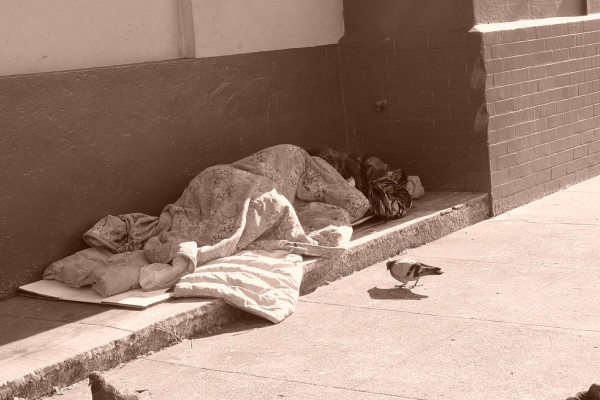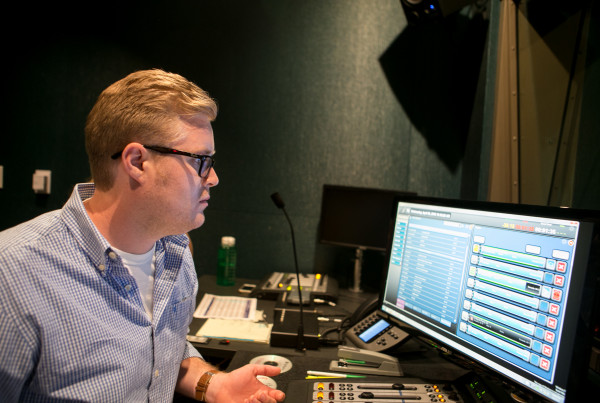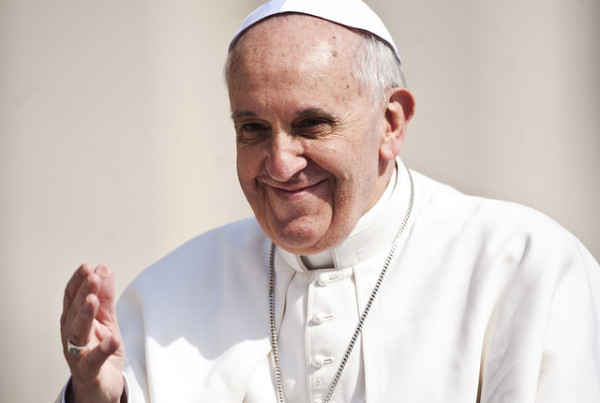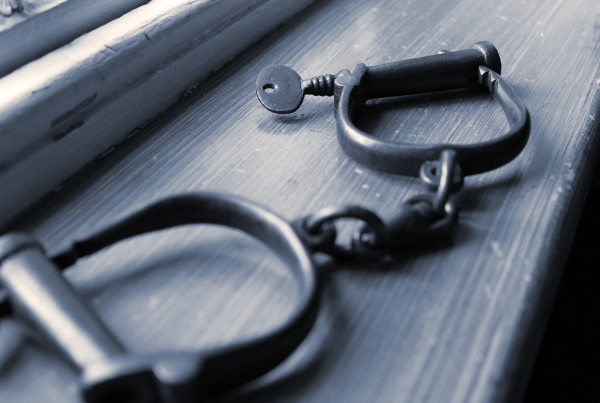This story originally appeared on Houston Public Media.
When parents reject their gay children, or when a gay teenager runs away from an abusive foster home, those kids can get into big trouble.
“If they’re not reached within 72 hours, they fall into drugs and sex,” says Jeff Hoffman, chair of the recently-formed organization Homeless Gay Kids Houston.
He says gay teenagers who lose the support of their families often trade sex for survival.
“They’ll get online or prostitute themselves on the corner for a place to sleep or a place to eat,” Hoffman says. “They end up doing drugs to self-medicate and end up with sometimes fatal consequences.”
A number of churches and non-profit groups offer help to Houston’s LGBT homeless. But that help is fragmented and mostly aimed at those 18-and-up.
Hoffman says, by law, minors can not sign themselves in to a shelter, and there’s virtually no funding to house homeless kids who aren’t part of a family.
“I think that there’s a perception by policymakers and other funders that if you’re a kid under 18, that you can be taken care of by the existing Child Protective Services infrastructure and through foster care,” he says. “A lot of these kids still feel unsafe in those environments, and so there’s a real lack of trust, there. And for these kids, they make the decision that it is much easier for them to survive if they’re doing it on the street, than in an abusive home.”
That’s where Homeless Gay Kids Houston comes in.
The group is working to build a seven-day-a-week drop-in center in Montrose where teens and young adults of any sexual orientation can get a meal, along with connections to counseling, health care, job placement, legal services, and, most importantly, help to rebuild the trust they lost when they were forced out of their homes.
“People who were homeless gay kids and who are now adults – they said the one thing that makes the biggest difference in their lives is that person who is not paid to be there who cared,” Hoffman says. “From that perspective, we’re really focusing on a volunteer-driven model. So we need people to help with counseling, life skills, and just with the basic services.”
They also need money. Hoffman says it’ll take nearly $300,000 in private donations to get the drop-in center up and running for its first year. He says a location has already been picked, and the goal is to be open sometime in the first half of 2016.














